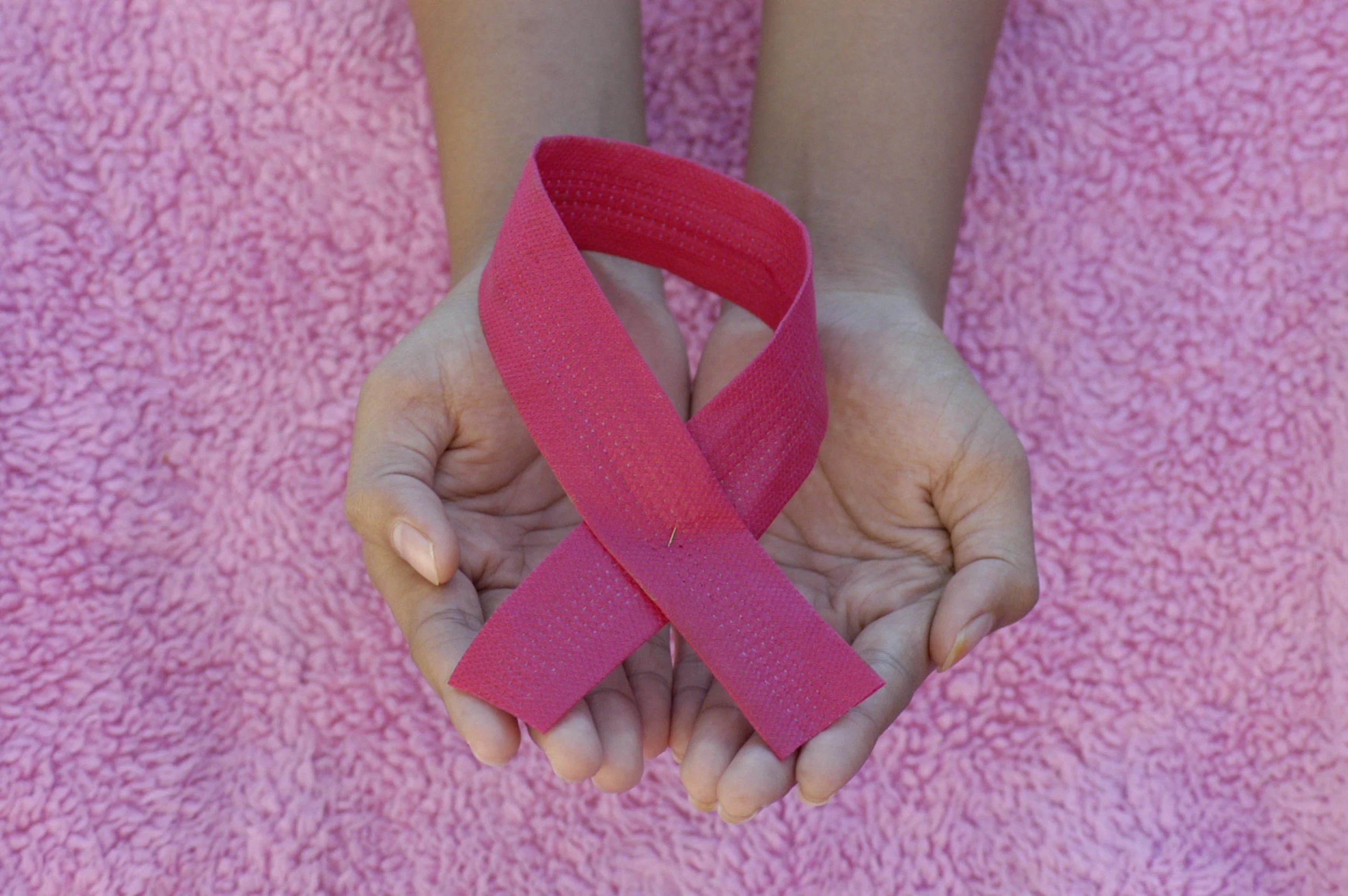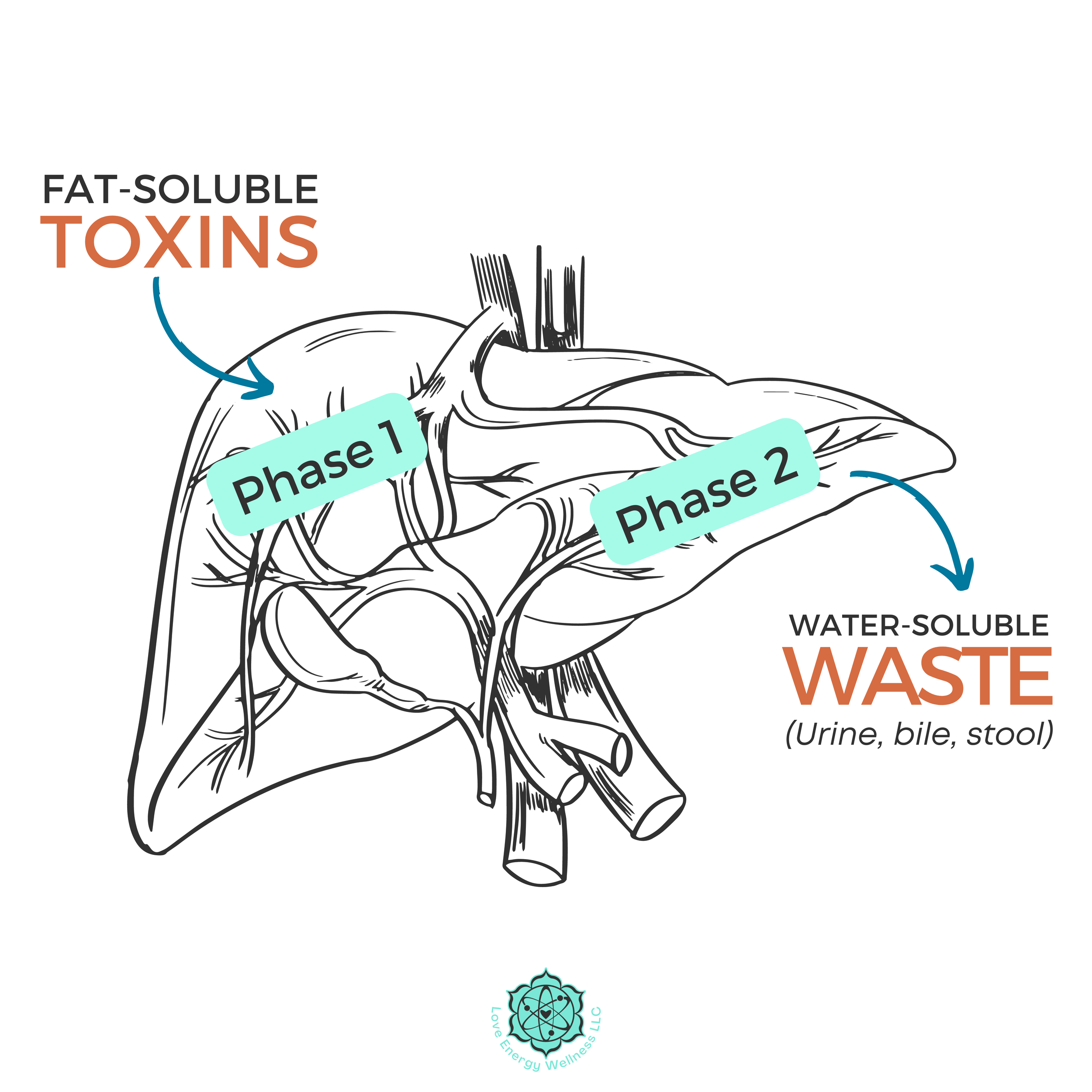There are increasing toxins in our diet, lifestyle, and environment. With well over 77,000 artificial chemicals from the food we eat, personal care products, everyday household cleaners, and the water we drink, supporting the body's natural ability to detoxify is no longer just a choice – it's a necessity, even if you're healthy. There are many detox tips and different detoxes depending on your goals, but all are not equal. That's why a functional medicine liver detox is widely recommended to best support our primary detox organ and its essential function, detoxification. It uses extended fasting strategies with scientifically formulated herbal remedies and the key nutrients needed to mobilize the accumulation of harmful stored toxins and eliminate them more efficiently.
Here are 20 detox tips and answers to the most common questions on what you can do to get the most out of your detox and what you may want to avoid. Of course, always use your best judgment based on your individual health and goals. Working with a certified health practitioner can help you understand what is best for you and any appropriate recommendations or adaptations to optimize your detoxification strategy.
1. Can I work out?
Yes and no. Working out is essential for our health and one of the ways the body eliminates toxins through breath and sweat, but it is also a stressor and can deplete glucose levels, leaving you feeling more tired. You may want to avoid intense exercise on fasting days during a detox. You can still incorporate lower-intensity movement like walking and using a sauna can support further elimination of toxins without overexerting yourself. You can resume your usual workout routine on days when you consume more calories or feel you have adequate energy.
2. Can I drink nut milk?
Yes, unsweetened plant-based milk can be added to your detox shake or in a hot beverage if you choose to.
3. Can I drink coffee and tea?
Yes, if you regularly drink coffee or experience caffeine withdrawal symptoms, you can include it during your detox. Try to limit it to one cup of organic coffee in the morning (black or with unsweetened nut milk). For some, it can slow down the detoxification process, so you may want to avoid caffeine or have an organic decaffeinated coffee. Most herbal teas are naturally caffeine-free, so feel free to include any you enjoy, like ginger, chamomile, mint and turmeric.
4. How much can I eat?
A detox aims to give your body digestive rest through extended fasting, lighter meals and removing common food triggers. That said, it's not just about how much you eat — you should also consider the quality and type of food you're eating. Eat slowly until satiated, focusing on easy-to-digest foods that provide balanced nutrition.
5. What can I eat?
Follow the appropriate food list recommendations. The general focus is fresh, nutrient-dense, high-quality whole foods, organic where possible and non-GMO. Many food lists will eliminate common allergens and sensitivities (dairy, gluten, corn, eggs and red meat), alcohol, processed foods and refined sugars.
6. Does lunch have to be plant-based?
Plant-based protein is easier to digest than animal sources and can also reduce the overall toxic load on the body, which is the ultimate goal of a detox. Incorporating more plant-based meals is recommended.
7. Can I have two shakes instead of four during the shake fast?
While four shakes spread across the day give your body adequate hydration and nutrition every 3,5 hours to keep energy and blood sugar levels balanced, you could have two shakes if this works best for you. Just be sure you are still getting adequate hydration to flush the system and support effective elimination throughout the day.
8. Can I still detox if I'm not trying to lose weight?
Absolutely! A liver detox is designed to support your body's natural detoxification process by replenishing nutrient stores and removing toxic water weight that can lead to unhealthy levels of inflammation and leave you feeling puffy, lowered energy and mood, poor sleep and more. It can facilitate weight loss if that is a goal, and if you don't want to lose weight, appropriate adjustments can be made.
9. How regularly can I detox?
A quarterly (seasonal) detox about every 12 weeks is recommended to best support the body.
10. Can I use herbs and spices?
Yes, herbs and spices can help chelate (or bind) heavy metals, boost metabolism, and kill "gut bugs." They're a great addition to any detox, and add flavor to any dish!
11. When should I not detox?
Children, pregnant or nursing women should not detox. If you have any underlying medical condition or concern, you should also always speak with your primary care doctor before doing any type of detox.
12. Can I eat more than the recommended serving sizes?
Yes, you can eat more if you are still hungry but remember the goal of a detox is to reduce the total toxic load on the body. Take time to eat slowly and allow your body to feel satiated. Make sure you have enough protein and if you are still hungry, opt for extra vegetables that are nutrient and fiber dense but lower in calories.
13. When do I drink a shake during the shake fast?
You can adjust the timing of your shakes based on your schedule. A general guideline is to have the first shake about an hour after waking and then about every three and a half hours apart across the day.
14. Can I keep taking my current supplements and prescribed medicine?
This will depend on the individual and the supplement/medication. It would be best to stay on any medication prescribed by your healthcare practitioner and confirm that there are no contraindications with any ingredients in the detox products. You may want to stop nutritional supplements during the extended fasting days, but most should be safe to continue - use your best judgment.
15. What is the best day to start a detox?
You can begin on any day that works for you. It is not advisable after a night of high alcohol consumption due to its effect on blood sugar levels.
16. Do I have to fast on the first two days?
Completing an extended fast is recommended to optimize the benefits of digestive rest and repair. However, adjustments can be made that may better suit your current health and goals. You can incorporate some low glycemic berries in your shake - especially if weight loss is not a goal or follow the same outline on days where more foods are consumed ie. two meals and two shakes.
17. Should I stop the detox if I experience side effects?
It is not uncommon to experience flu-like symptoms or other Herxheimer reactions.This will always come down to the individual, type and severity of side effects. They are usually short-term, but you should speak to your doctor if you have any major concerns.
18. Can I detox while doing another wellness protocol?
Generally yes, but to keep things simple and avoid overwhelm you may want to go through one protocol at a time. Work with an integrative health practitioner if you need additional support on what is best for you.
19. What should I do once the detox ends?
To support your body for long-term wellness, follow the foundations of nutrient-dense, anti-inflammatory whole foods to create balanced meals. Incorporate additional starches based on your health goals.
20. How do I maintain my results and health after the detox?
Whether you have a continued weight loss goal or wish to maintain your results,the foundations of following diet and lifestyle principles will stand you in good stead.
Following these detox tips and answers to the most common questions can be a great way to optimize your health and get the most out of it. If you'd like to take your health to the next level, you can work with a certified health practitioner to better understand your current health and goals and work alongside you with a custom wellness plan for long-term success.
If you are ready to take your health to the next level, click here to learn more about a true Functional Medicine detox! (Blog source)








